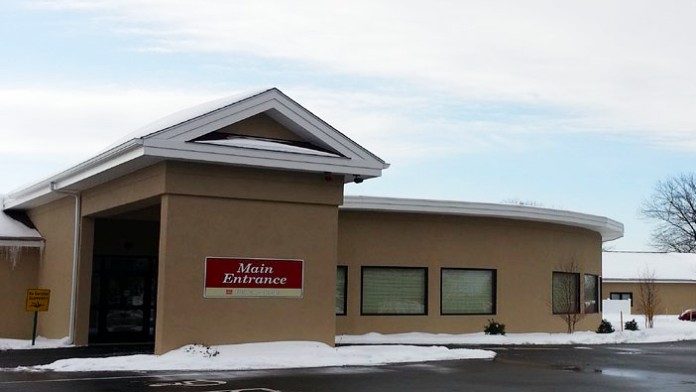Farnum Center is a drug and alcohol rehab facility located in Manchester, New Hampshire. They treat adults for substance use disorder (SUD) and alcohol use disorder. They treat clients with dual diagnoses who struggle with both a mental health condition and a substance problem simultaneously. Here, their levels of care include residential and outpatient treatment.
Everyone must undergo a full assessment upon entering this facility. If you have drugs in your system then you can detox first. They have a medical staff that can monitor you 24 hours a day and provide you with the appropriate medication you will need for withdrawal. Once you have stabilized, you can begin their residential treatment program.
Residential treatment includes a bed and three meals a day. You will participate in group therapy every day and you may have some individual sessions. Your family may be invited to participate in certain sessions.
Like most rehab facilities, they use cognitive behavioral therapy (CBT) to get you to think differently and adapt healthy behaviors. They also use a lesser known approach to treating addiction called health realization therapy which is based on the concept that people have an innate ability to live life in a healthy way. You will be encouraged to create your own reality by viewing your circumstances differently.
The staff also provides you with recreational activities. They have a pool in a gym where you can get your exercise. You may enjoy hikes and group trust activities. If you don’t need residential care then you can look into their outpatient options. They provide group and individual therapy as well as a partial hospitalization program (PHP) and intensive outpatient program (IOP).
Once rehab is over, the staff can assist you with finding a sober living home or other accommodations. They can help you get vocational training and find 12 step meetings in your community.
Accreditations
ASAM LEVELS of Care
Certification/Membership
- LegitScript certification
- Anthem Blue Cross Blue Shield Blue Distinction Center




